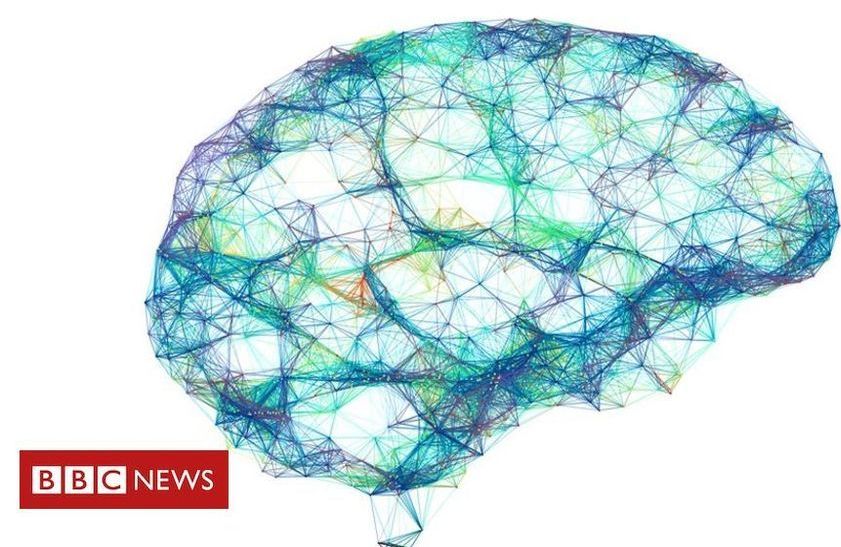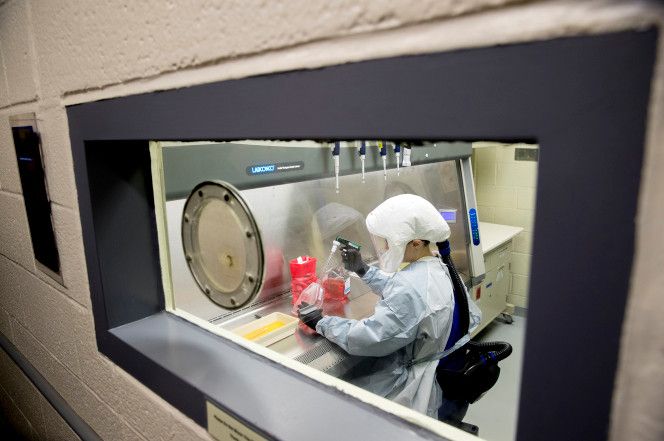Getting far better at predicting what research will produce may be the only way to save the world.
All animals rely on oxygen at least at some stage of their life, but a parasite that infects fish seems to have completely lost the ability to use it – where it gets its energy from is still a mystery.
Philip Anderson, the theoretical physicist whose ideas reshaped condensed matter physics and stretched to the forefront of other fields, died yesterday in Princeton, New Jersey. He was 96. Anderson had spent the past 45 years at Princeton University, which confirmed his death in a statement.
Combative savant made contributions—and enemies—across many fields.
Scientists have taken a step forward in their ability to decode what a person is saying just by looking at their brainwaves when they speak.
They trained algorithms to transfer the brain patterns into sentences in real-time and with word error rates as low as 3%.
Previously, these so-called “brain-machine interfaces” have had limited success in decoding neural activity.
Over-Actuated Hexapod Robot
Posted in robotics/AI
“Proprioceptive Control of an Over-Actuated Hexapod Robot in Unstructured Terrain,” by Marko Bjelonic, Navinda Kottege and Philipp Beckerle from Technische Universitat Darmstadt and CSIRO, Brisbane, Australia was presented at IROS 2016 in Daejeon, South Korea.
Despite significant limitations, Viet Nam has defied expectations and is tackling the spread of coronavirus. Here’s how.
Two coronavirus patients in New York City are off ventilators and out of intensive care after they received an experimental drug to treat HIV and breast cancer.
As the skyrocketing number of cases stretches city hospitals to the limit, doctors are racing to find out which drugs on the market or in development might help in fighting the infection.
The drug, leronlimab, is delivered by injection twice in the abdomen, the Daily Mail reported.
Just a quick update on a new study:
“Researchers found that half of the patients they treated for mild COVID-19 infection still had coronavirus for up to eight days after symptoms disappeared.”
“If you had mild respiratory symptoms from COVID-19 and were staying at home so as not to infect people, extend your quarantine for another two weeks after recovery to ensure that you don’t infect other people,” recommended corresponding author Lixin Xie, MD, professor, College of Pulmonary and Critical Care Medicine, Chinese PLA General Hospital, Beijing.
Actemra (tocilizumab) – an interleukin-6 inhibitor – has already been approved in China for the treatment of patients infected with the novel coronavirus disease, who have developed serious lung damage and also have elevated levels of IL-6 in the blood.
It was first cleared by the FDA as a treatment for rheumatoid arthritis and has also subsequently been approved in juvenile idiopathic arthritis, giant cell arteritis and CRS associated with CAR-T cell therapies for cancer.
Plans to initiate trial in early April.








